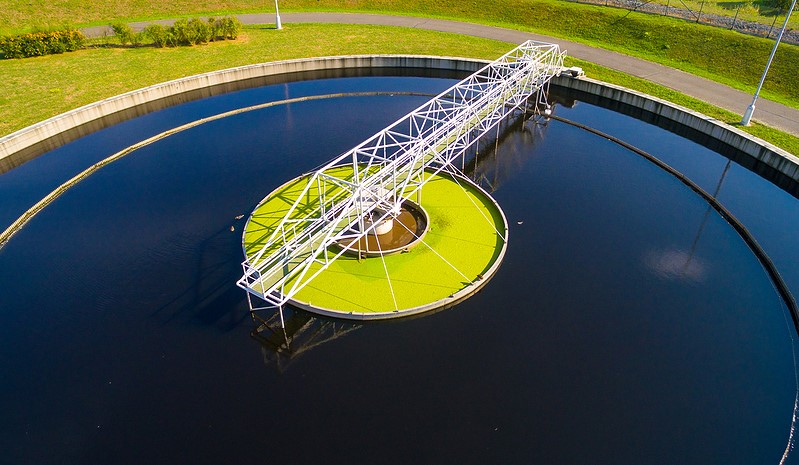News
Water (Special Measures) Act 2025 Receives Royal Assent
The Water (Special Measures) Act 2025 has just received royal assent, meaning that it has now been signed into law, giving regulators stronger powers to implement tougher action faster to crack down on those water suppliers found to be causing environmental harm and failing their customers.
Industry watchdog Ofwat will now be able to ban bonus payments for executives if they don’t meet sufficiently high standards to protect the environment, as well as their customers and their company’s finances.
The Environment Agency’s reach has also been extended under the Act, now able to bring criminal charges against water bosses breaking the law. New tougher penalties will be created, including potential jail time, for executives found to be obstructing investigations.
Steve Reed, environment secretary, said: “We promised to put water companies under tough special measures to clean up our waterways. Today, the government has delivered on that promise as we continue to deliver on our Plan for Change.
“Polluting water bosses will no longer be paid undeserved bonuses. And if they break the law over water pollution, they could end up in the dock and face prison time.
“This is just the beginning. The Independent Water Commission will report back later this year to shape new laws that will transform our water system so we can clean up our rivers, lakes, and seas for good.”
Additional steps
Other measures included in the new legislation include automatic penalties that will ensure regulators are able to issue them more quickly without having to carry out lengthy investigations first.
Independent monitoring of sewage outlets will also be brought in, with suppliers required to publish real-time data on all emergency overflows and discharges reported within an hour of onset.
Water firms will also have to publish annual pollution incident reduction plans and provide regular reports on progress, with the aim being to ensure that they can be held accountable by the general public and regulators alike for reducing pollution incidents.
Chair of the Environment Agency Alan Lovell made further comments, saying: “The increased regulatory powers introduced by this legislation will allow us to close the justice gap, deliver swifter enforcement action and ultimately deter illegal activity.
“Alongside these reforms, we are undertaking the biggest ever transformation to the way we regulate. By investing in additional resources, training and updated digital assets, we are ensuring the water system better meets the needs of both people and the environment, now and in the future.”
Plan for Water
This new Act forms part of overarching plans to address the water crisis in the UK, ensuring that supplies remain resilient in the face of population growth and climate change.
It’s expected that by 2050, the country will have a shortfall of almost five billion litres of water per day, with demand outstripping supply, with issues already being felt in some parts of the country, such as in Cambridgeshire, Sussex, Suffolk and Norfolk.
Here, housing developments and business growth have both been affected as a result of insufficient water supplies.
The latest water company resources management plans should, when implemented, drive up resilience in the face of extreme droughts, serve a growing population and support a thriving economy, ensure that the UK is prepared for the impacts that climate change will bring and move the country words longer-term planning strategies for protecting and improving the environment.
Shoring up the country’s public water supplies will necessitate delivering new resources, while reducing water demand through improving water efficiency and reducing water leakage rates. This latter point is particularly important since it will take between five to ten years to deliver new supply options.
How can businesses help?
One of the best and most immediate ways that businesses can improve their water footprint and start operating more sustainably is by focusing on water leak detection and repair.
Part of the problem with water leaks is that they’re often so small (barely a trickle!) that you often can’t tell that you’ve got a problem on your hands until you start to see signs of water damage or until you see a big spike in usage and are hit with a big bill as a result. Leaks can also take place far below ground, which makes them even trickier to detect.
However, you can keep on top of leakage rates at your place of business by having a water audit carried out across the site. This will reveal any weak or vulnerable areas so you can identify the most appropriate water-saving solutions and adjust these over time.
You can also make good use of automated meter reading technology, which will track your water consumption over time so you can see how and where you’re using water. Any big spikes in usage and you’ll know that there’s something going on that will need to be addressed.
If you’d like to find out more about water audits and how they can be of benefit to you and your business, get in touch with the H2o Building Services team today.
